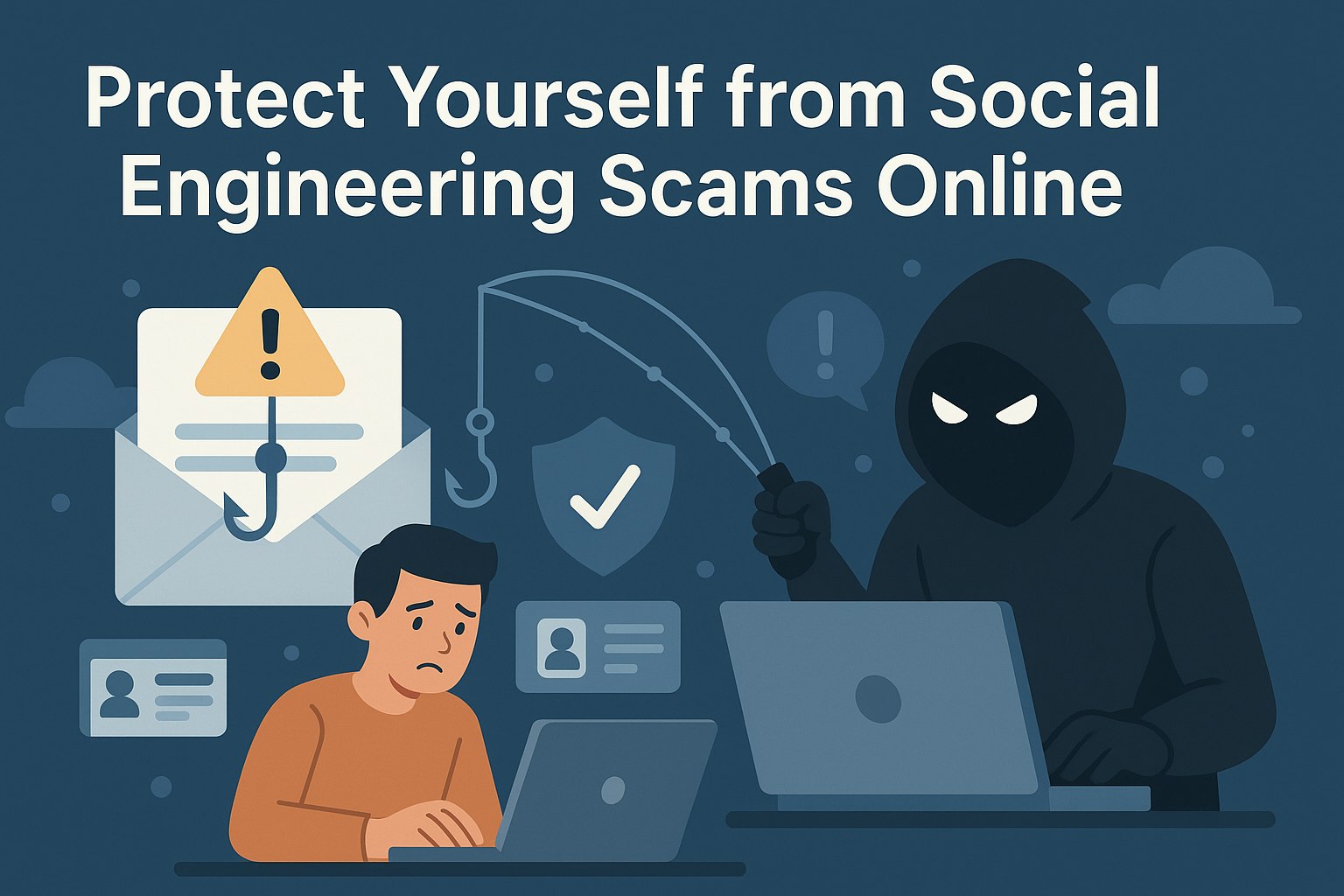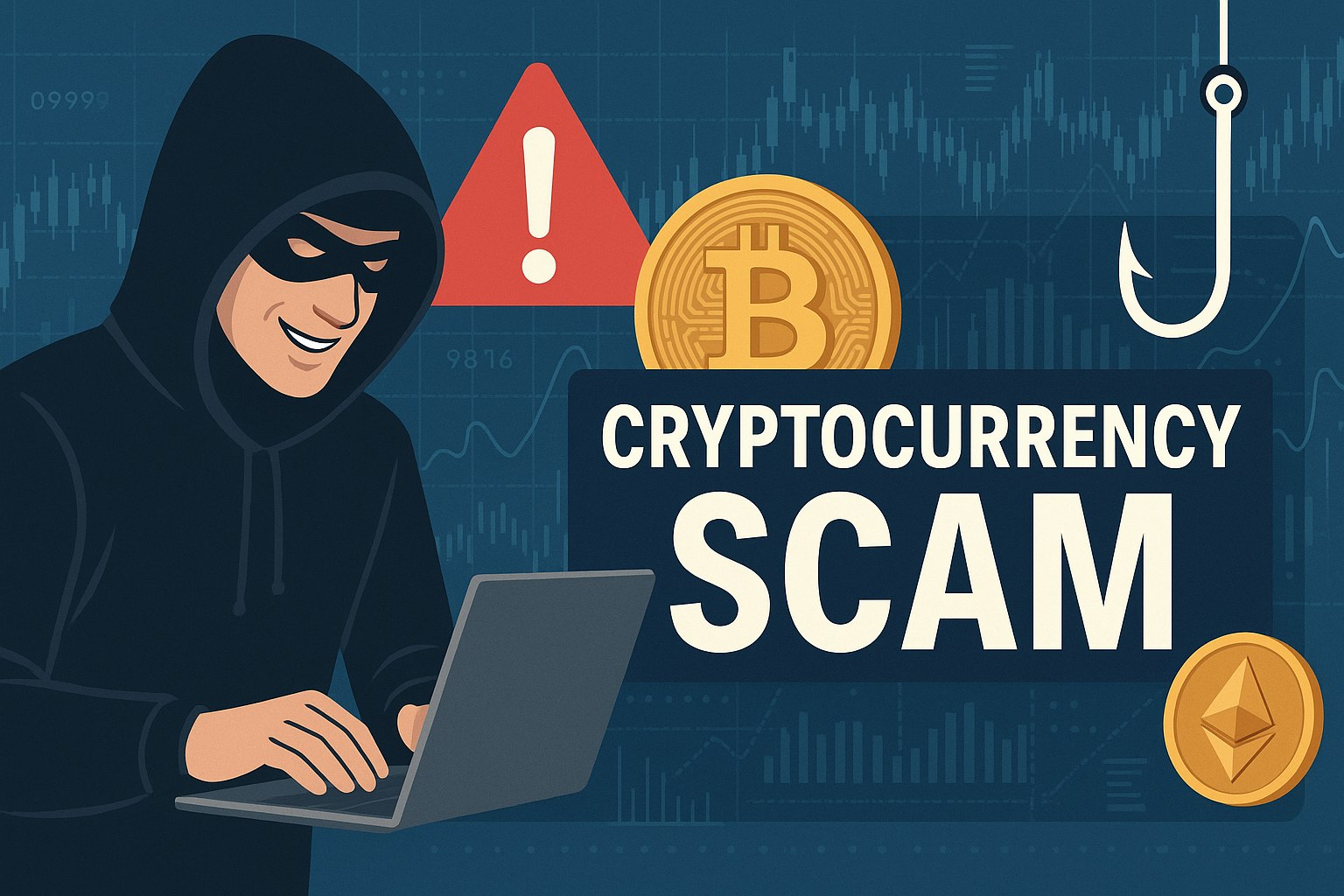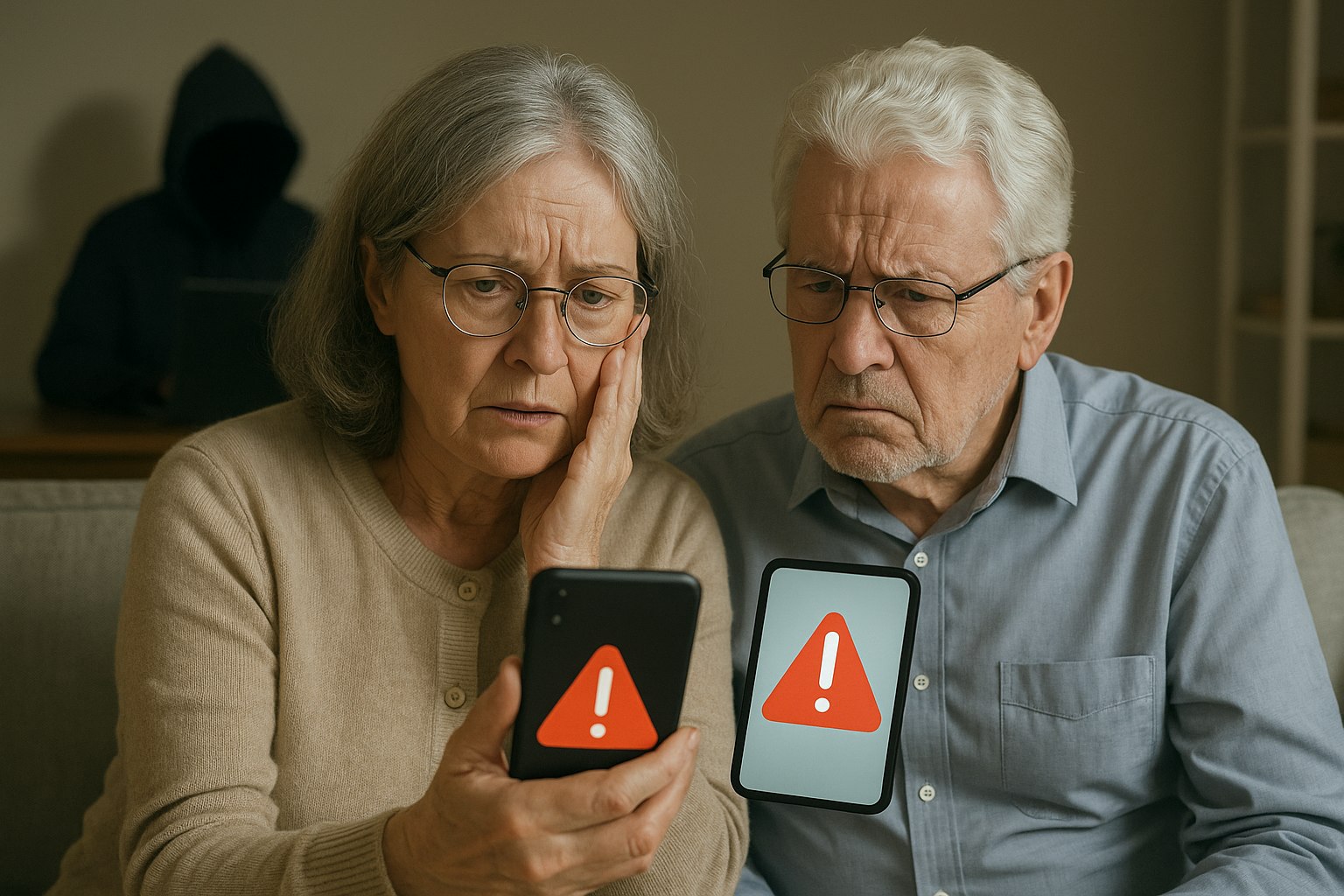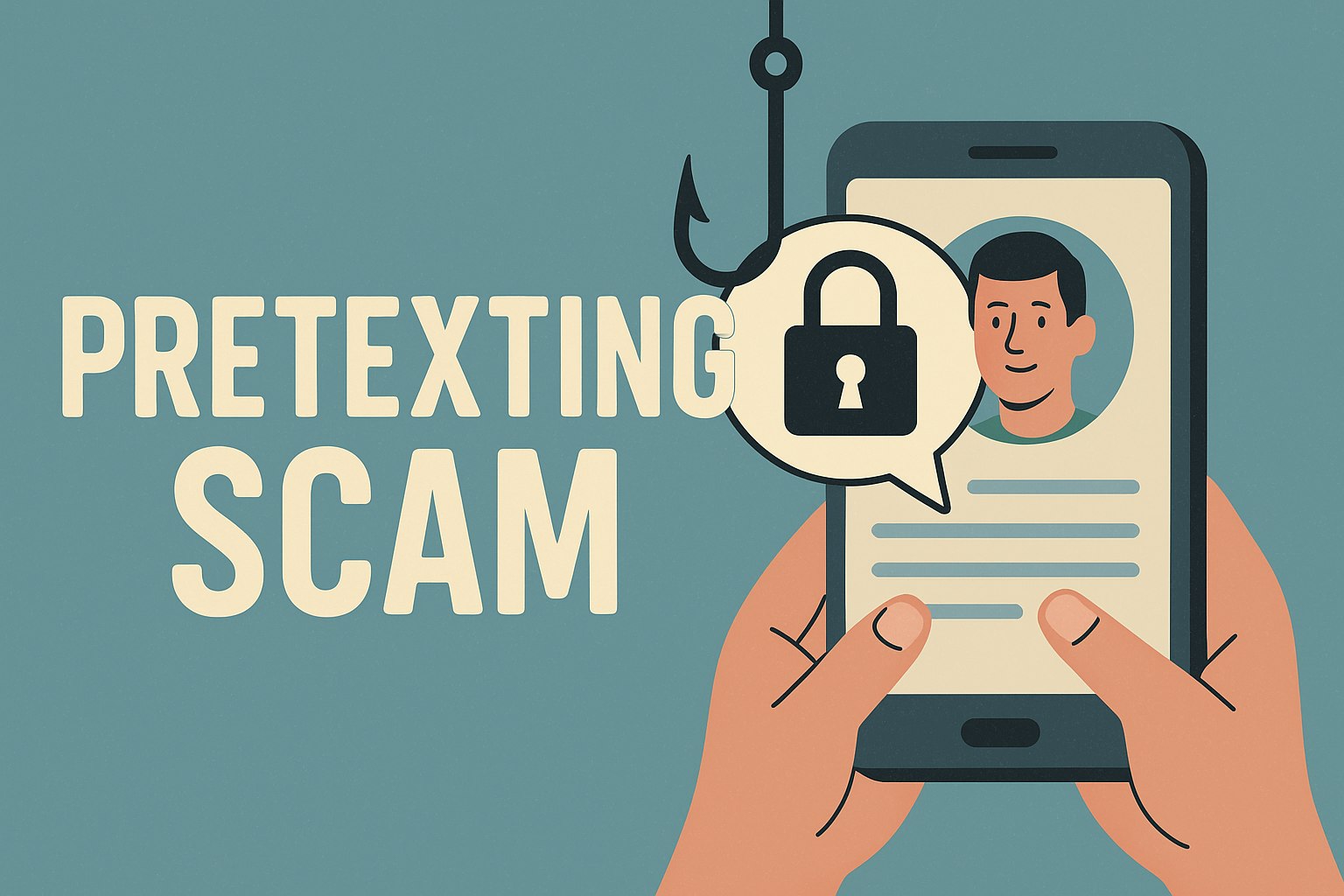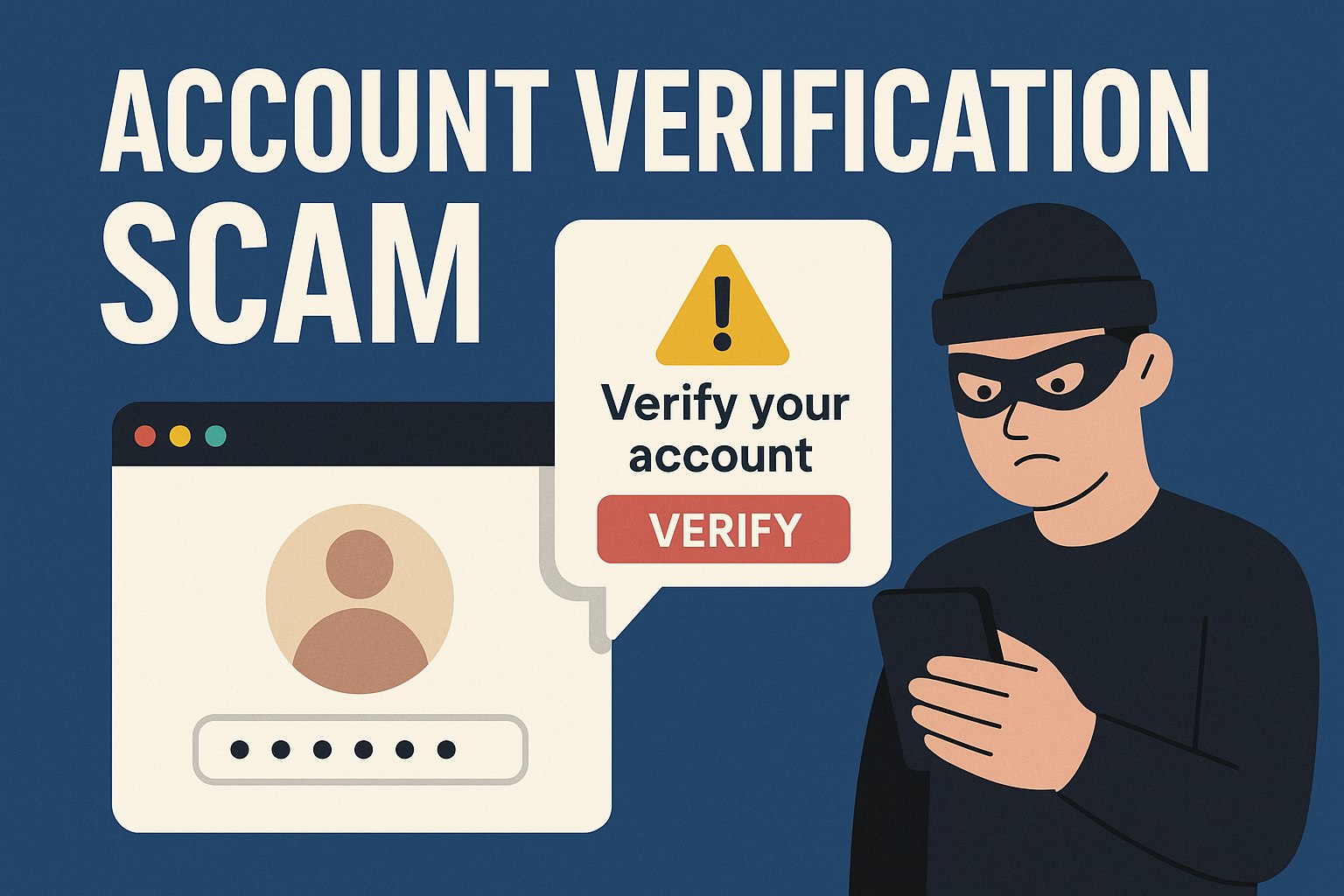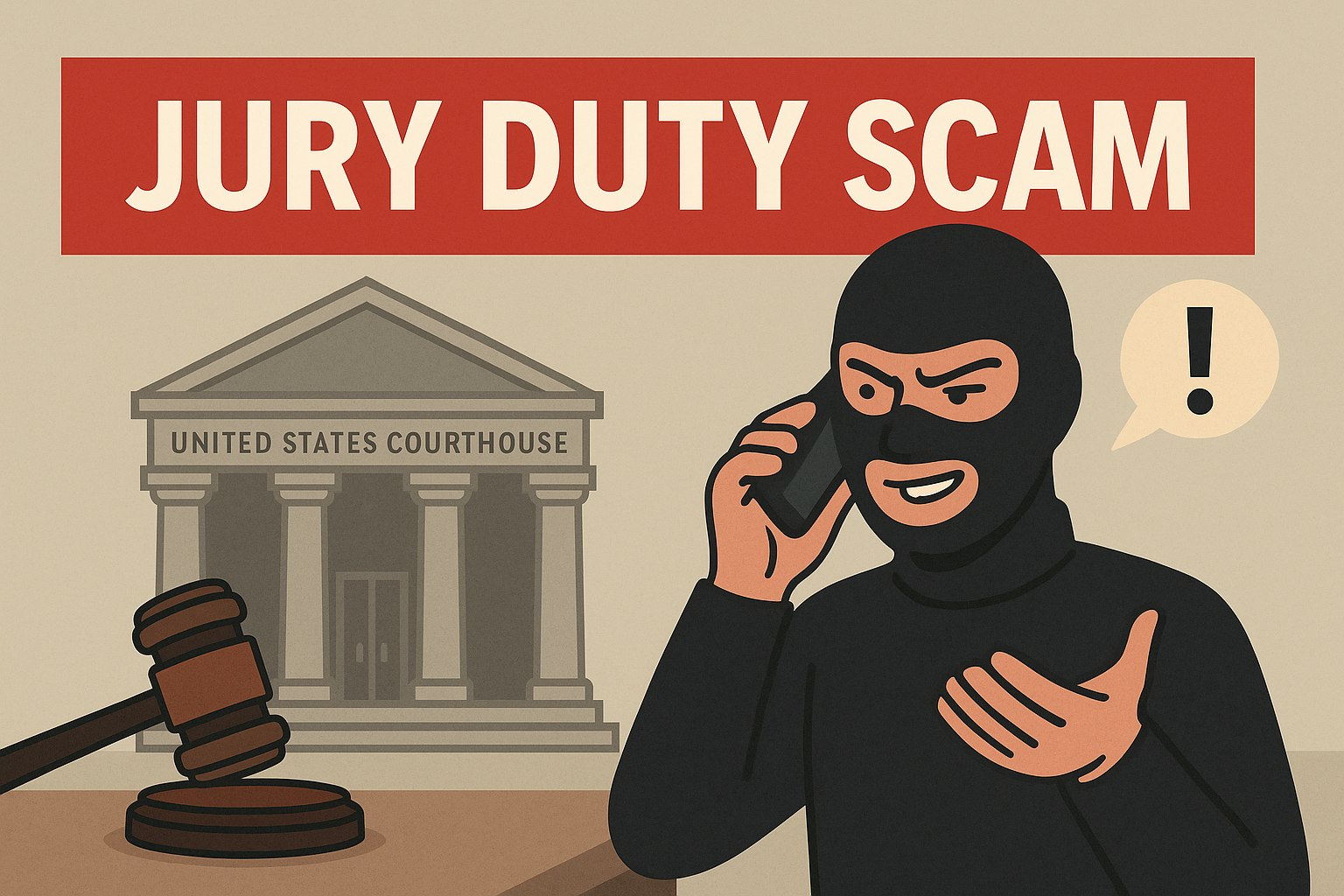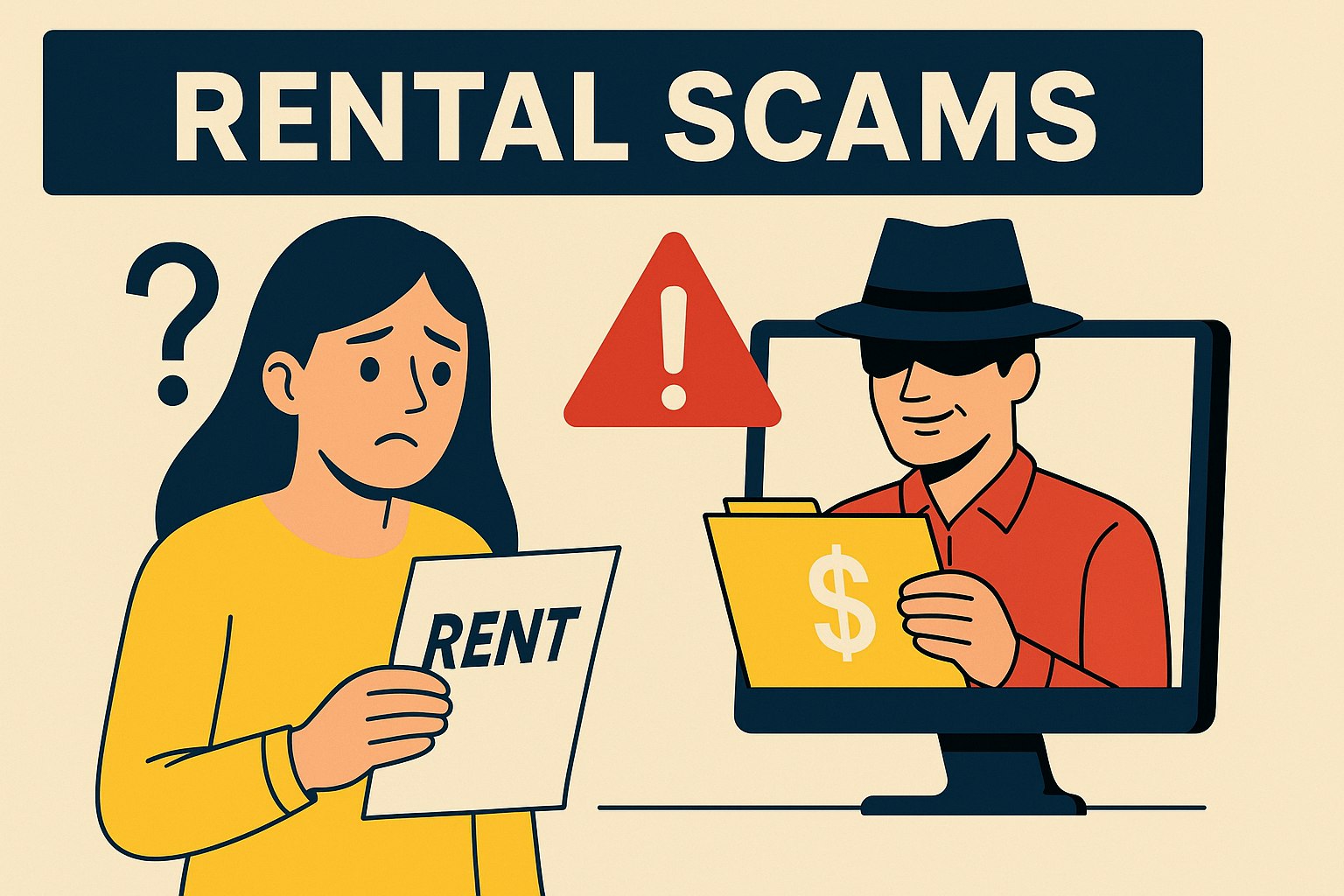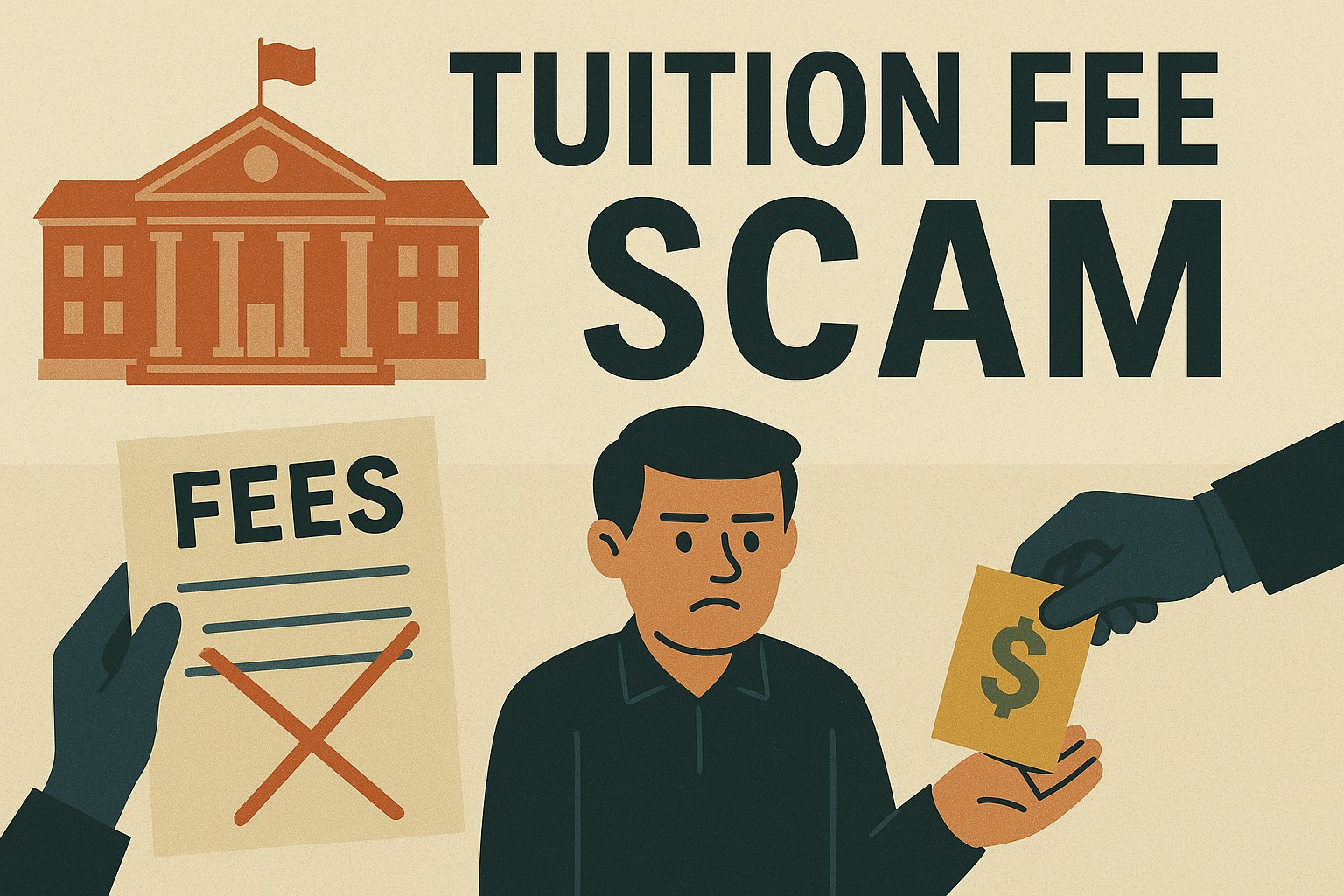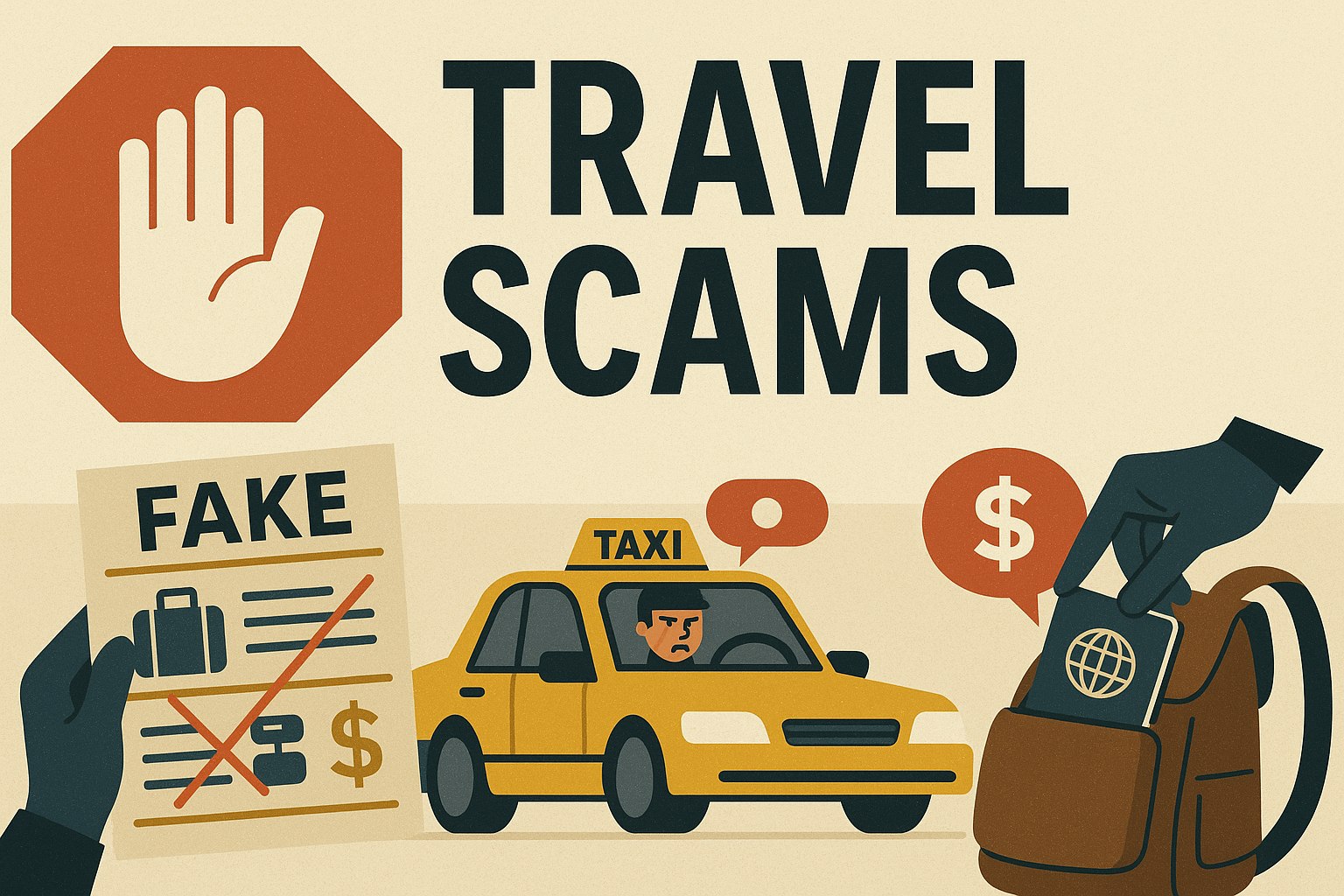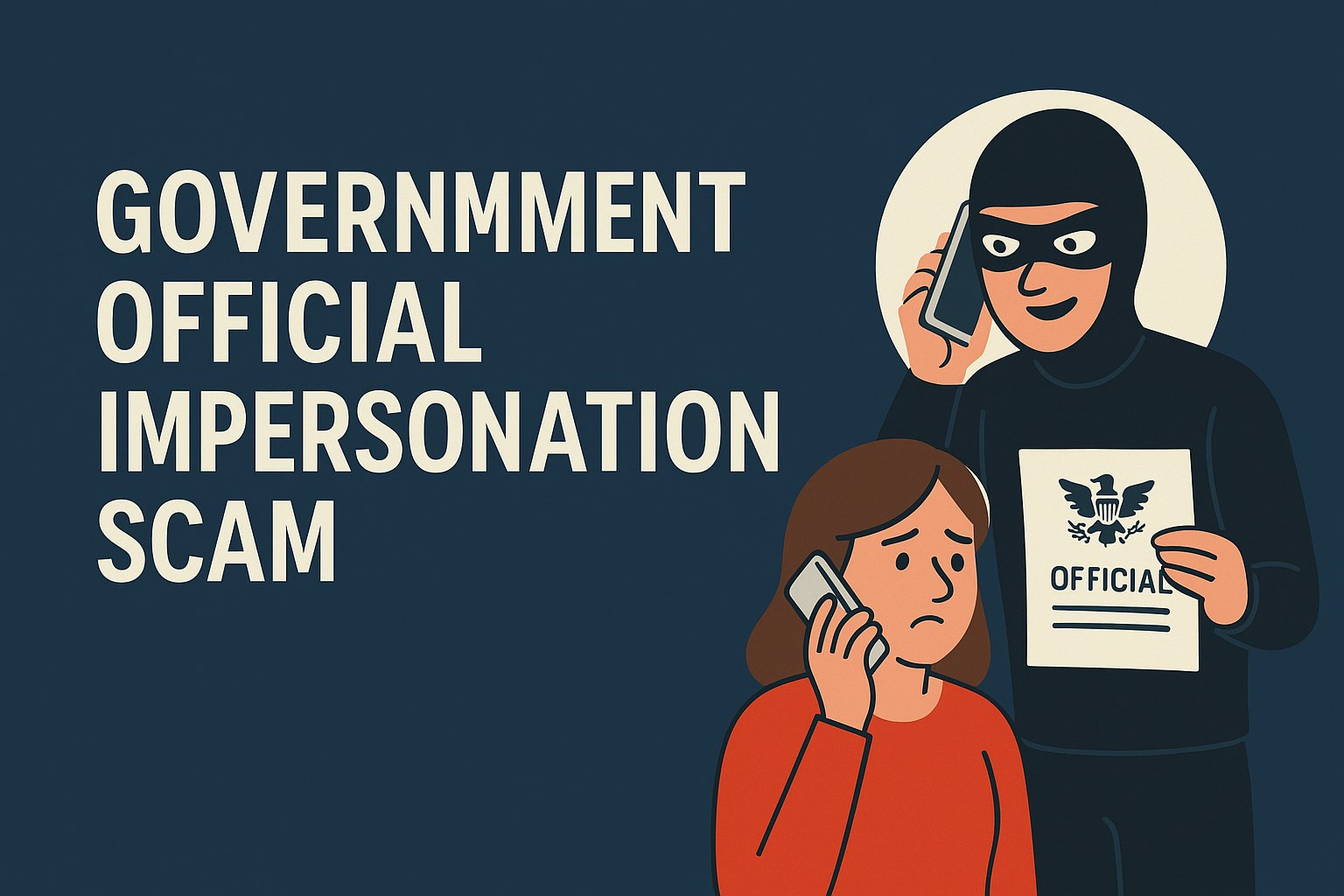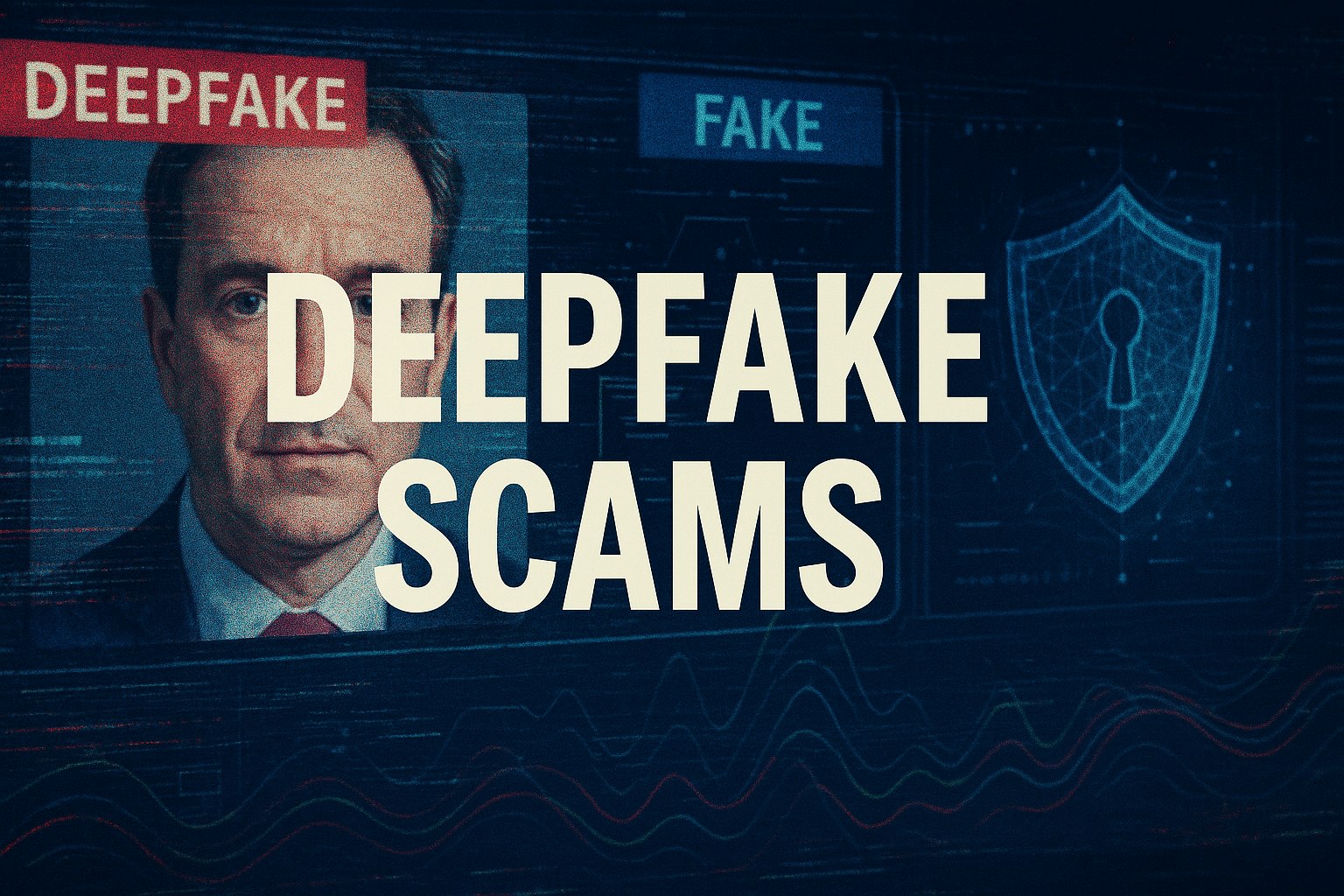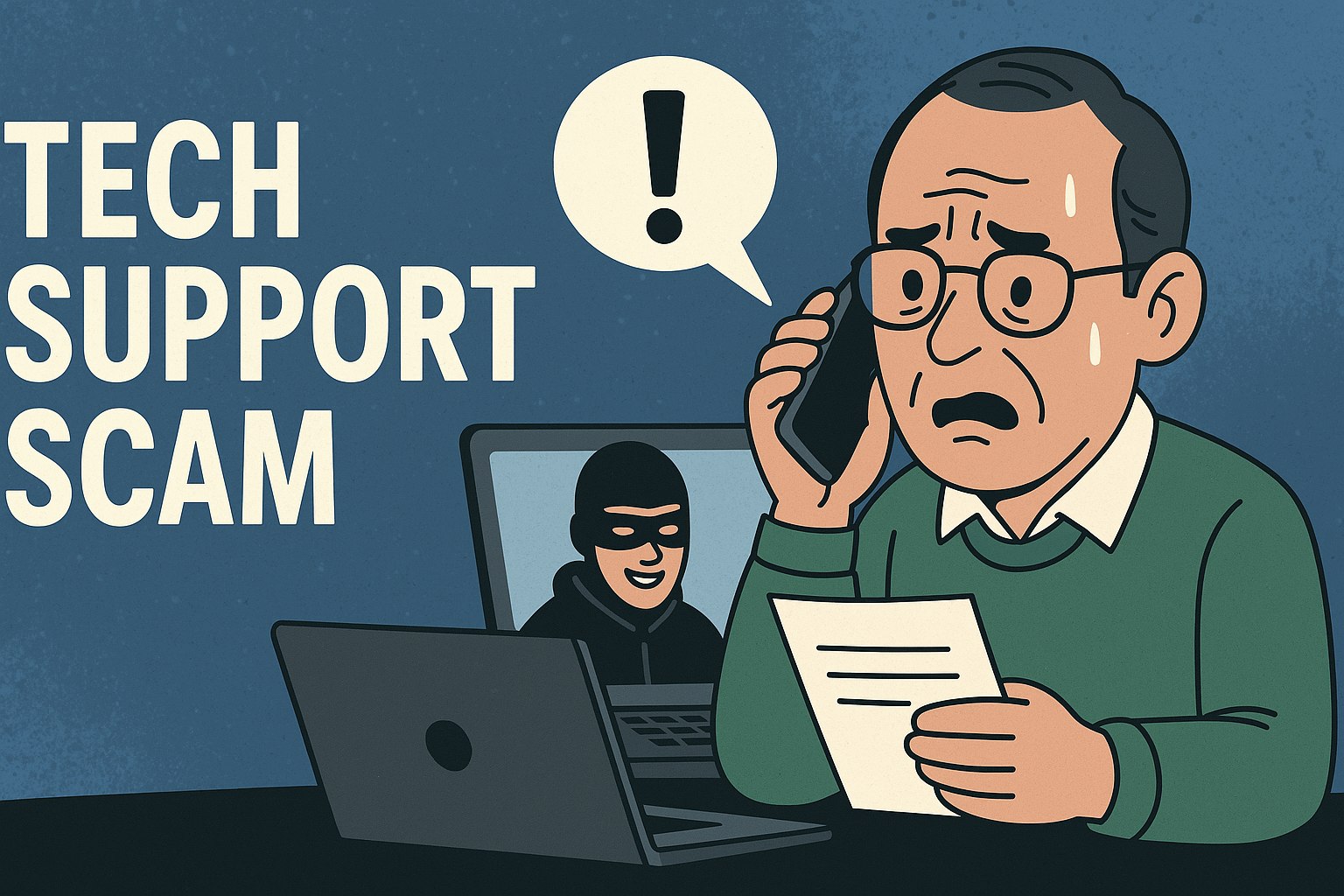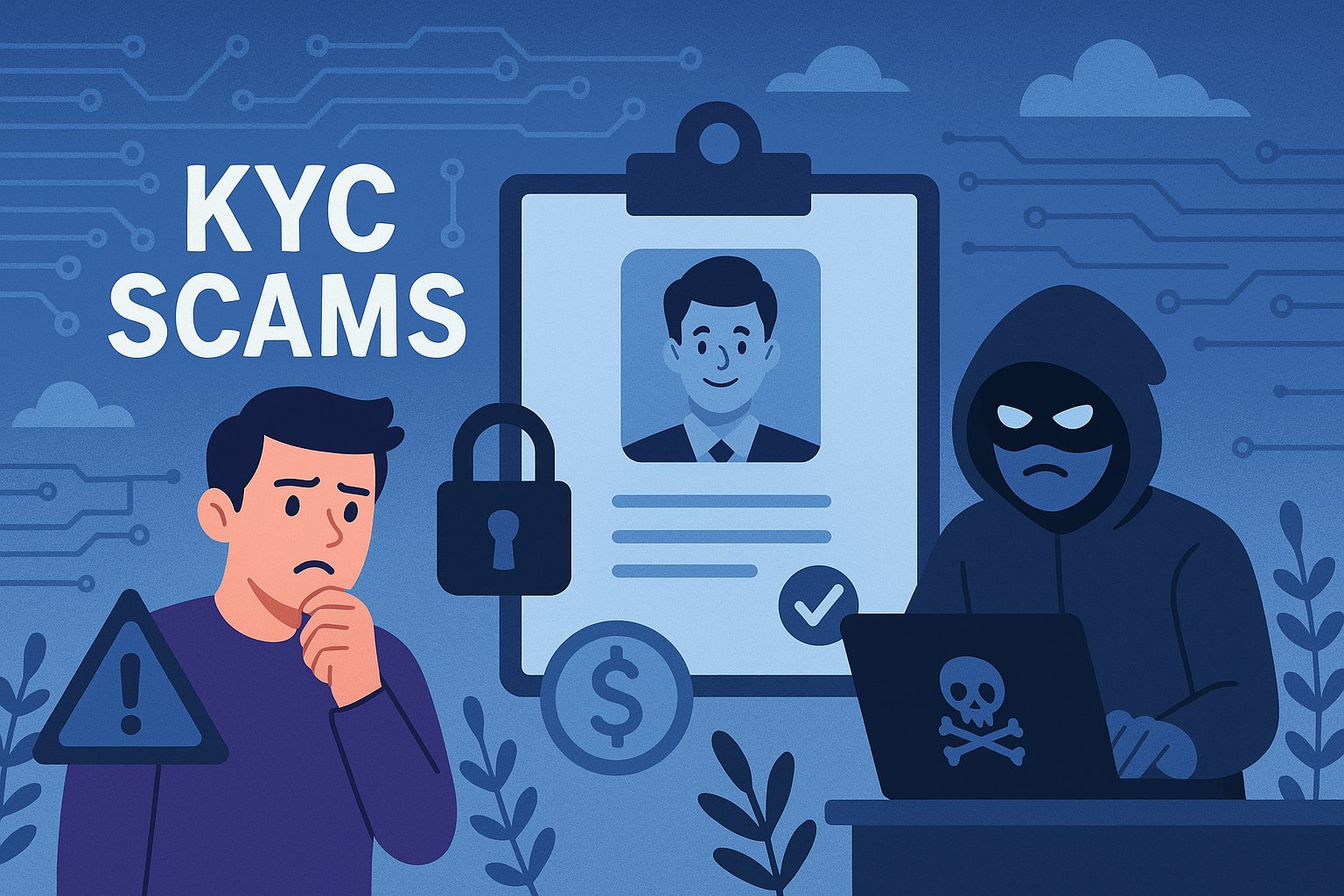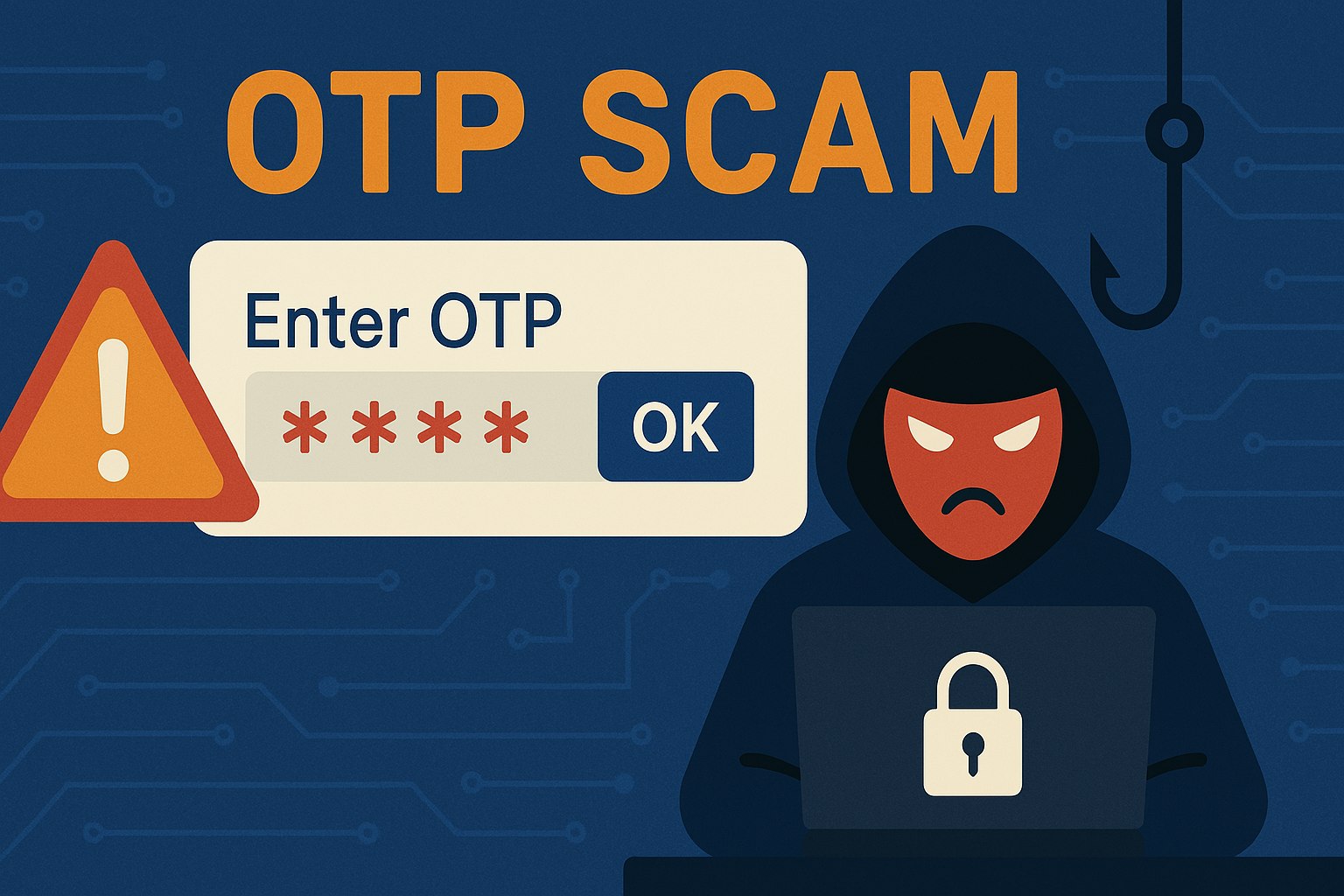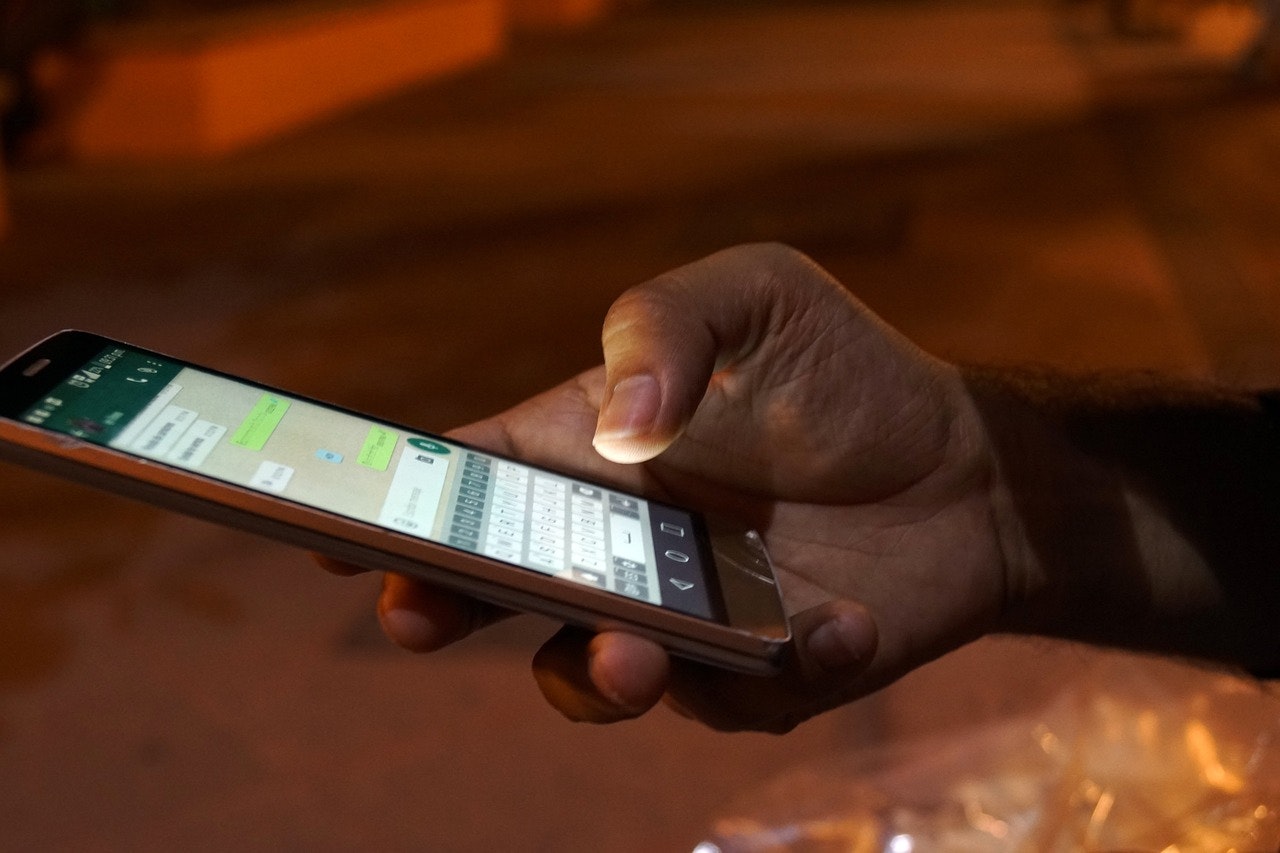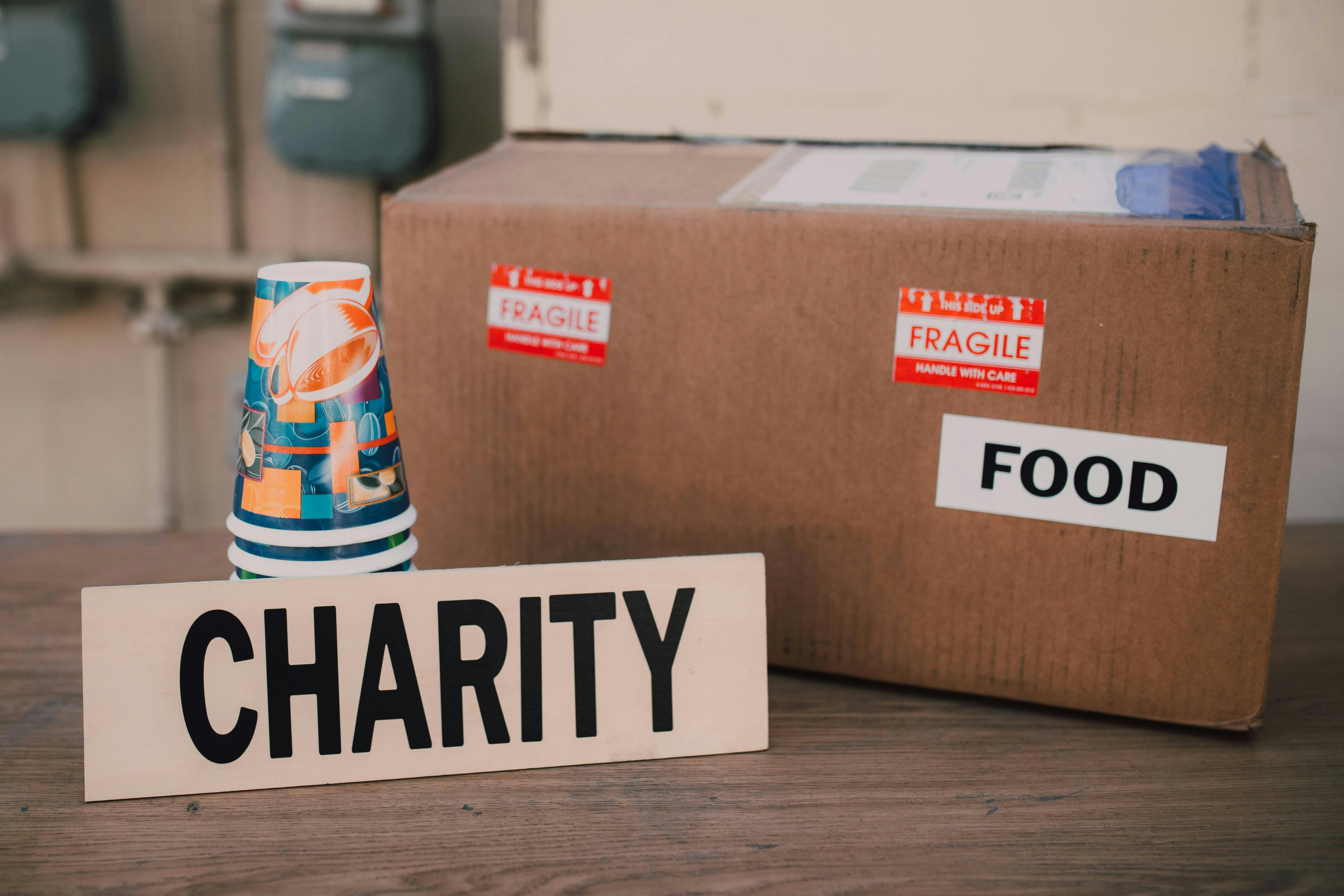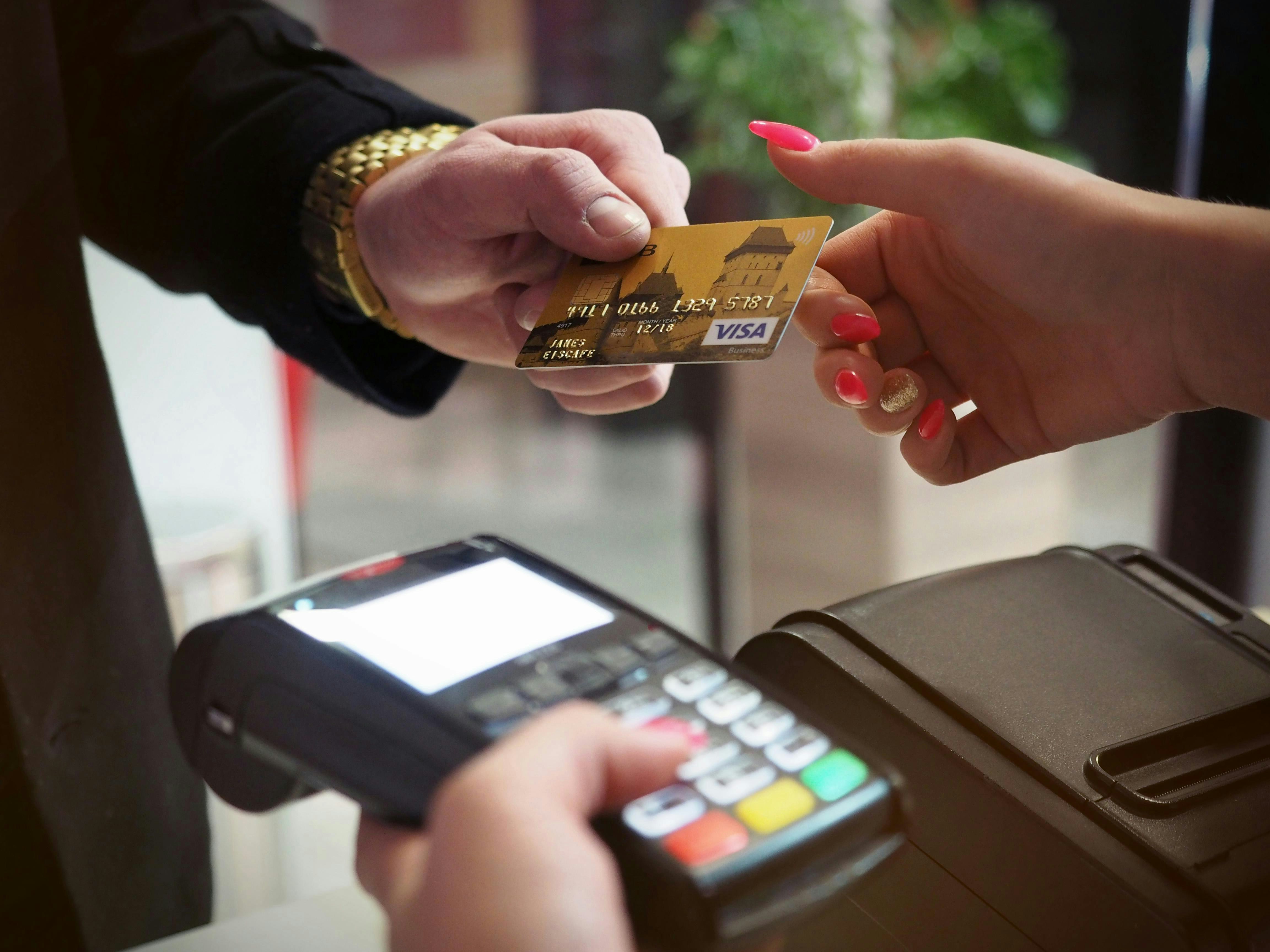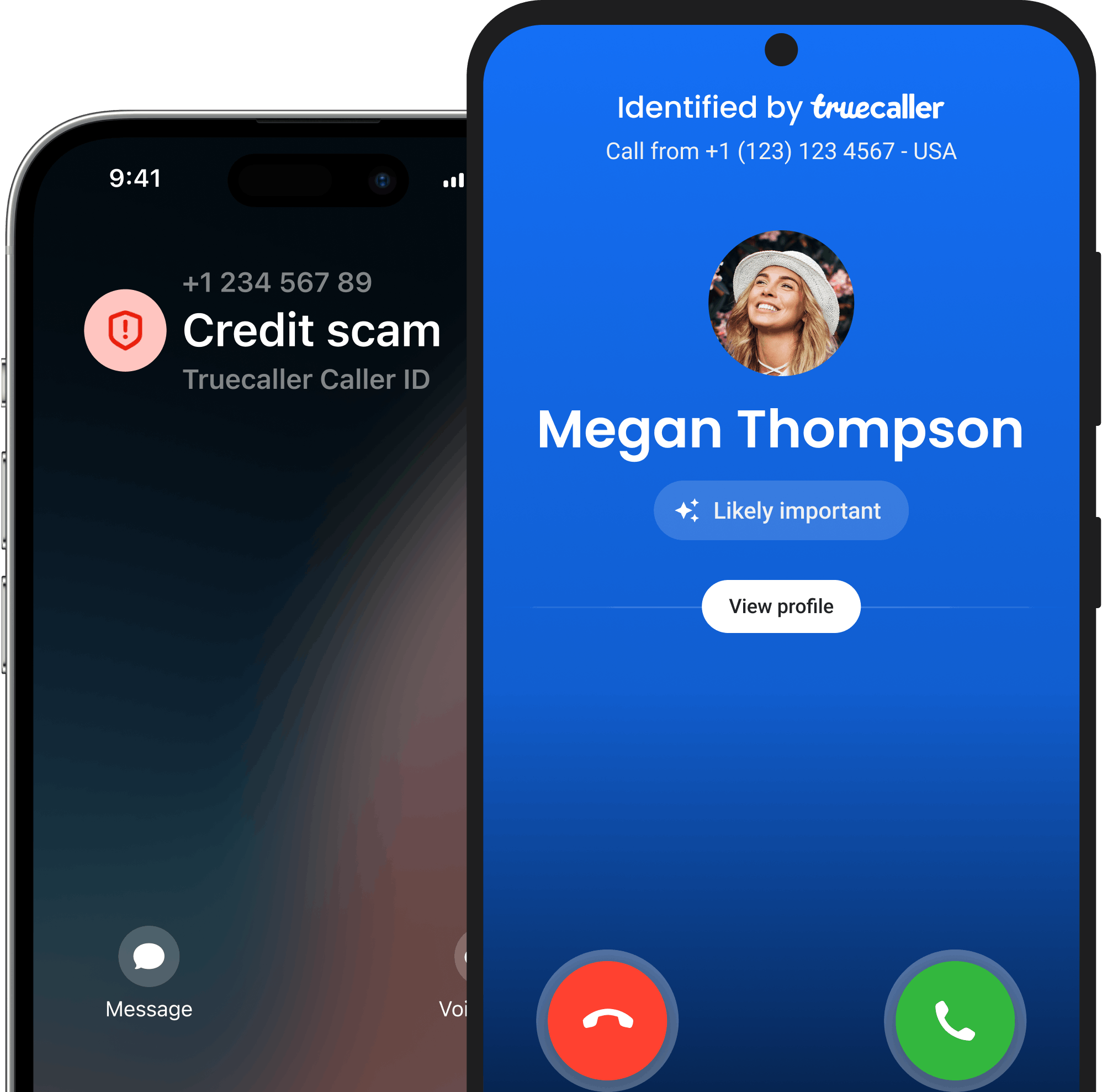
Family Emergency Scams
What is a family emergency scam?
In a family emergency scam, scammers pretend to be a relative of the target. They claim to be in urgent need of money and tell a dubious story, such as being arrested and needing bail money or having met with an accident and requiring funds for hospital bills. Scammers exploit family bonds, making victims believe they are helping a loved one in distress, only to transfer the money to the fraudsters instead.
In October last year, a senior citizen received a call from a scammer who had used AI to clone his son’s voice. The caller claimed that his son had been in an accident with a pregnant woman, who was hospitalized. The scammer instructed the father to pay $9,200 for bail. The father withdrew the money immediately and handed it to an Uber driver sent by the scammers. Later, he received another call demanding an additional $15,800, claiming the woman had died and the bail amount had increased. The father withdrew more money and paid them, only realizing later that it was a scam. Such scams are reported in many countries including the UK, USA, Canada, Australia, India, Sweden, Germany, France, Bulgaria, Japan, and Spain, among others.
Modus operandi of family impersonation scams
It all starts with an unexpected call. Scammers contact an unsuspecting individual and use phrases like, "Hey, it's your favorite daughter!" or "Hi! It’s me!". Naturally, the person on the other end might guess a name, unknowingly giving scammers the information they need. That’s when their deception begins.
Scammers follow a well-planned script designed to create fear and urgency. They lie that a family member has been in an accident and needs money for hospital bills, is facing a legal issue and requires bail, or even needs ransom money. Their goal is to pressure victims into acting quickly without verifying the situation.
With the rise of artificial intelligence, it has become extremely easy for scammers to clone someone's voice. Even a few seconds of a voice clip falling into the wrong hands can be enough. Scammers use this technology to trap you into their lies and ask for money.
To avoid getting caught, fraudsters plead with the victim not to tell anyone, claiming they are embarrassed about what has happened. This tactic isolates the victim, keeping them under the scammer’s control and preventing them from seeking help or verifying the story.
To further their scam, bad actors transfer the call to someone impersonating a police officer, doctor, or lawyer. This accomplice backs up the story, adding credibility and increasing pressure on the victim to send money urgently.
Be cautious of urgent payment requests. If someone is pressuring you to pay quickly, pause and think. Ask questions—preferably ones only your real relatives would be able to answer—to verify their identity.
How to protect yourself from a family emergency scam?
The use of AI by scammers has made call detection difficult. Phone numbers can be spoofed, and voices can be cloned, making it hard to identify a scam call at first. Always verify the caller, let them say their name instead of guessing it yourself.
Pause and think, even if the caller insists on an urgent situation. Do not make immediate payments. Take a moment to understand the situation, think, and ask questions. Try asking something only you and the relative in question would know the answer to.
Do not immediately trust the caller, even if they request secrecy. Call other relatives and inform them of the situation. They might be able to confirm whether the caller is legitimate or at least verify their whereabouts. The key is to always check before making any payment.
Do not share your passwords, IDs, bank details, social media accounts, or payment app credentials. Protect your personal information at all costs to prevent fraud and identity theft.
Having a family safe word can save you a lot of trouble. Any phrase, word, or question that only your family knows the answer to can significantly help in verifying identities and reducing the risk of scams.
Urgent payment requests for ransom, bail money, or legal fees are telltale signs of a scam in progress. Never make such payments without first verifying the situation through other sources, such as your other relatives.
Spotting all the signs mentioned above can be difficult, especially in the atmosphere of fear created by a scammer. The best approach is to avoid getting into such a situation by being alerted to the possibility of a scam call. The Truecaller app does this by identifying callers and highlighting a potential scammer. You can also protect your family members with a single Premium Family Plan by adding up to four additional users. The plan includes all the features Truecaller is known for, such as spam blocking and caller ID, along with newer features like the AI call scanner.
What to do if you are a victim of a family emergency scam?
If you are an unfortunate victim of a family emergency scam, take the following steps to prevent scammers from taking more money from you:
- Alert your bank or other payment systems: If you used any payment app, call their customer care immediately and explain the situation. Contact your bank as well and inform them about the scam. Ask for their assistance in freezing your account, reversing any transactions, or blocking payments if possible.
- Monitor your accounts: Monitor your account and report if you find any suspicious transaction. Early reporting may help block the transaction.
- Alert others: It is highly likely that if you have received a call from the scammers, your relatives might also have received one. Talk to them and make them aware of the situation.
- Report on Truecaller: Report the scam number on Truecaller. By reporting this number, you contribute to the community-wide effort to block and identify spam numbers, thereby helping protect others from potential scams.
Where to report a family emergency scam?
If you are in the United States, these could be some agencies you could reach out to:
- Federal trade commission: https://consumer.ftc.gov/features/pass-it-on/charity-fraud
- Internet crime complaint centre: https://www.ic3.gov/
Reporting the scam on Truecaller will help prevent others from becoming victims.
- For immediate assistance and guidance on cyber fraud, call 1930 (toll-free)
- Serious Fraud Investigation Office: https://sfio.gov.in/
- Chakshu - Report suspected fraud communication:
https://services.india.gov.in/service/detail/chakshu-report-suspected-fraud-communication
- Sanchar Saathi: https://sancharsaathi.gov.in/sfc/Home/sfc-complaint.jsp
Reporting the scam on Truecaller will help prevent others from becoming victims.
- Police Special Fraud Unit (PSFU)
Email: report@specialfraudunit.org.ng, pro@specialfraudunit.org.ng
Whatsapp: 08127609914
Voice Call/SMS: 07082276895
Social Media: Facebook - Economic and Financial Crimes Commission (EFCC)
Email: info@efcc.gov.ng
Phone number: +234 8093322644, +234 (9) 9044751
Social Media: Facebook, Twitter, Instagram - Independent Corrupt Practices Commission (ICPC)
Email: info@icpc.gov.ng
Phone number: 08076369259, 08076369260
Social Media: Instagram, Twitter, Facebook
Reporting the scam on Truecaller will help prevent others from becoming victims.
- Action fraud: https://www.actionfraud.police.uk/charities
- Fundraising regulator: https://www.fundraisingregulator.org.uk/complaints
- GOV.UK: https://www.gov.uk/report-suspicious-emails-websites-phishing
- National cyber security centre: https://www.ncsc.gov.uk/
Reporting the scam on Truecaller will help prevent others from becoming victims.
- CSA Singapore: https://www.csa.gov.sg/cyber-aid
- File a police report at https://eservices1.police.gov.sg
Reporting the scam on Truecaller will help prevent others from becoming victims.
- Scamwatch: https://www.scamwatch.gov.au/
- Email: ReportScams@ato.gov.au
- Scam helpdesk: https://www.servicesaustralia.gov.au/phone-us?context=64107#scams
Reporting the scam on Truecaller will help prevent others from becoming victims.
- South African Fraud Prevention Service: https://cybercrime.org.za/reporting
- Internet Service Providers’ Association (ISPA): https://ispa.org.za/safety/report-cybercrime/
- In case of SIM fraud, please contact your mobile service provider
Reporting the scam on Truecaller will help prevent others from becoming victims.
- Online: Cybercrime Investigation Unit (Korean National Police Agency) https://cyberbureau.police.go.kr/eng/index.do
- Phone: 182
- Korea Internet & Security Agency (KISA) – Cyber Incident Response Center: https://www.krcert.or.kr
- Phone: 118 (Cybercrime and Online Fraud Hotline)
Reporting the scam on Truecaller will help prevent others from becoming victims.
- Office of cybercrime: https://cybercrime.doj.gov.ph/contact-us-2/
- Email: cybercrime@doj.gov.ph
- National Bureau of Investigation (NBI) – Cybercrime Division: https://nbi.gov.ph/
- Philippine National Police (PNP) – Anti-Cybercrime Group: https://acg.pnp.gov.ph/
Reporting the scam on Truecaller will help prevent others from becoming victims.
- Canadian Anti-Fraud Centre (CAFC): https://antifraudcentre-centreantifraude.ca/report-signalez-eng.htm
- Local police (non emergency line)
Reporting the scam on Truecaller will help prevent others from becoming victims.
- Federal Criminal Police Office (Bundeskriminalamt - BKA): https://www.polizei.de/Polizei/DE/Einrichtungen/ZAC/zac_node.html
- Local police
Reporting the scam on Truecaller will help prevent others from becoming victims.
- Online: https://www.service-public.fr
- Phone: Call 17 or go to the nearest police station
Reporting the scam on Truecaller will help prevent others from becoming victims.
- Spanish National Police (Policía Nacional): https://www.policia.es
- Grupo de Delitos Telemáticos" (GDT) email: gdt@guardiacivil.org
- Online form: https://www.guardiacivil.es
Reporting the scam on Truecaller will help prevent others from becoming victims.
- Contact local police
- Phone: 114 14
- Online information:
Reporting the scam on Truecaller will help prevent others from becoming victims.
- Japan Anti Fraud Organization: https://japanantifraud.org/report-a-fraud-in-japan/
- Police advisory service for non-emergency: #9110
Reporting the scam on Truecaller will help prevent others from becoming victims.
- Internet safety concern: https://report.netsafe.org.nz/hc/en-au/requests/new
- Cyber security issues: https://www.cert.govt.nz/report/
- Phone: 0800 CERT NZ (0800 2378 69)
- Phone: 111 Immediate threat (emergency no)
- Phone: 105 (non emergency)
Reporting the scam on Truecaller will help prevent others from becoming victims.
- UAE Cybercrime Reporting: https://www.ecrime.ae
- Dubai Police: https://www.dubaipolice.gov.ae
- Abu Dhabi Police: Contact Aman Service 8002626 (tollfree)
- Email: cert@ae.gov.ae.
- Al Ameen Service (Dubai & UAE-wide): Call 8004444
- Email: www.alameen.ae (report anonymously)
Reporting the scam on Truecaller will help prevent others from becoming victims.
- Criminal Intelligence Service Austria: https://www.bundeskriminalamt.at/en/602/start.aspx
- European Anti-Fraud Office: https://anti-fraud.ec.europa.eu/olaf-and-you/report-fraud_en
- Fraud Prevention Office: https://www.bmf.gv.at/services/aemter-behoerden/abb.html
Reporting the scam on Truecaller will help prevent others from becoming victims.
- Dublin Jury Office: +353 1 798 8008
- Email: dublinjuryoffice@courts.ie
- Local police
Reporting the scam on Truecaller will help prevent others from becoming victims.
- General emergency telephone number: 112
- Online: www.cybercrime.bg
Conclusion
Family emergency scams are immensely distressing because they involve a loved one, and scammers often frame the situation as a matter of life and death. While it's difficult to think rationally in such moments, making the right decision is crucial. Always remember to call the family member back on their known phone number and contact other relatives to understand the situation better. Urgent payment requests through unusual methods, requests for secrecy, and demands for bank details or sending a courier to collect payment are all red flags. Therefore, it's important to have apps like Truecaller on your phone, which protect you from scammers and allow you to raise awareness by reporting suspicious numbers.
